
Meet this year’s Pharmacy of the Year nominees and preview some of the sessions available at this year’s meeting.

Meet this year’s Pharmacy of the Year nominees and preview some of the sessions available at this year’s meeting.

What does the future of digital health look like?

Drug Topics reports on the biggest stories from ASHP Summer Meeting 2023.
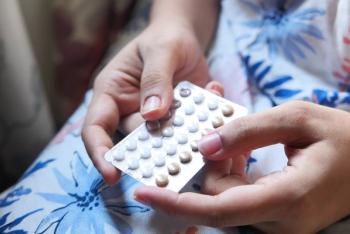
What is the state of OTC contraception, what’s next for IUDs, and why are so many transgender people denied care?
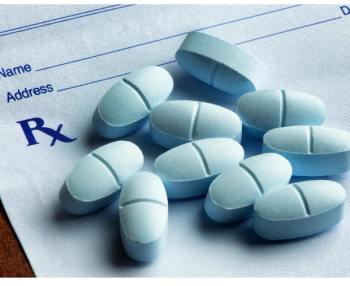
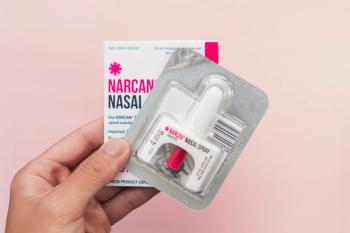
The alert was implemented after passage of a state senate bill.

What stood out on Sunday and Monday at the 2023 ASHP Summer Meetings in Baltimore?

A look at how the genetics-based research field can become more fully integrated in all areas of health care going forward.

Study results add to the body of evidence demonstrating the efficacy of CGRP inhibitors for migraine treatment and prophylaxis.

Centanafadine is a serotonin-norepinephrine-dopamine triple reuptake inhibitor.
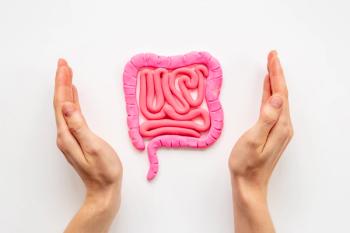
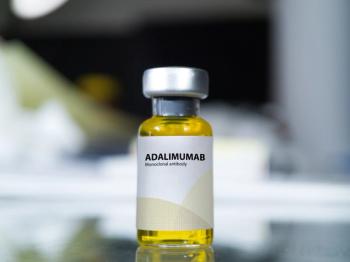
At least 6 adalimumab biosimilars are set to launch in July 2023.

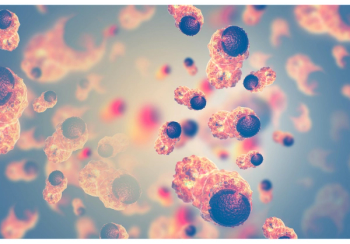
Overall survival rates for various cancers differed by race.
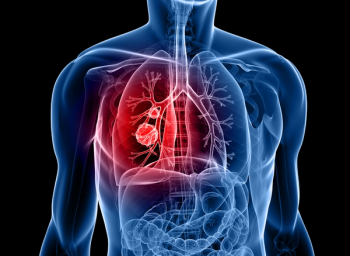
Knowledge gaps exist around the timing of pneumonitis onset in patients treated with checkpoint inhibitors.

Adam Fein, Ph.D., talked about some surprising trends in specialty pharmacy and healthcare at the 2023 Asembia Specialty Pharmacy Summit. The number of specialty pharmacy locations may be peaking. And that "gross-to-net bubble" in drug prices that Fein has written about so much — well, it may be shrinking.
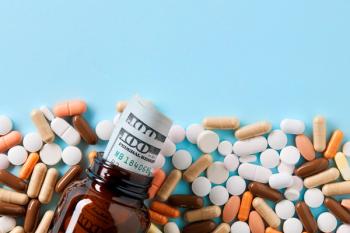
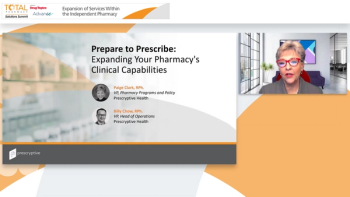
Paige Clarke, RPh, and Billy Chow, RPh from Prescryptive Health join TPSS to discuss the role of the pharmacist in drug prices, and how to better serve the community.
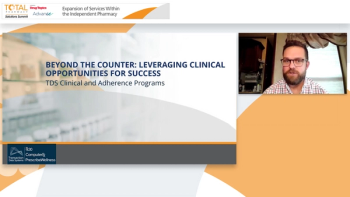
Dean Koskinas, PharmD, is the Execute Sales Consultant at Transaction Data Systems. He joined the Spring 2023 TPSS to discuss the best ways to integrate technology into all aspects of a pharmacy.
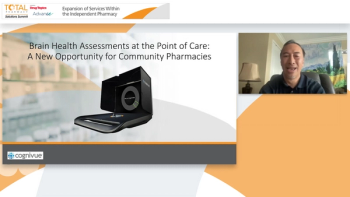
Cognivue's Director of Pharmacy Chuck Schneider and Dr. Dung Trinh, Cheif Medical Officer at Irvine Clinical Research joined TPSS Spring 2023 to discuss cognitive health and the importance of intervening early.

Dr. Laura Faast joined the Spring 2023 Total Pharmacy Solutions Summit to talk about the best ways pharmacies can improve their cashflow.

Timothy Aungst, PharmD at The Digital Apothecary joined the April 2023 Total Pharmacy Solutions Summit and spoke about how technology and automation continue to grow in the health care world.
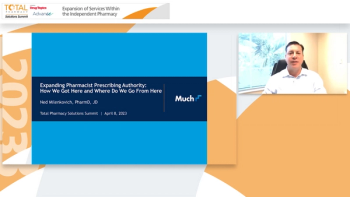
Ned Milenkovich, PharmD, JD, joins the Spring 2023 Total Pharmacy Solutions Summit for a seminar on the history and future of prescribing rights within pharmacy.

Four independent pharmacists shared their journeys to become pharmacy owners.

Off-label drug combinations are increasingly being used in cancer treatments, but there is the potential for overlapping or additive toxicities, explained a speaker at the 2023 HOPA Annual Conference.
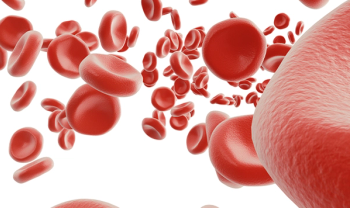
During a session at the 2023 HOPA Annual Conference, Rebecca Champion, PharmD, BCOP, highlighted new therapies in the market for hematologic malignancies with a focus on bispecific antibodies and chimeric antigen receptor T-cell therapies.

Precision oncology is a growing, changing field.

Pharmacists can provide support and guidance to patients during their month of fasting.
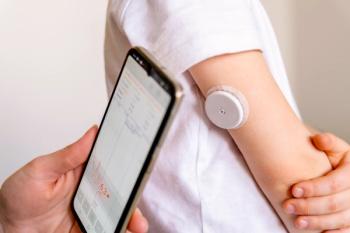
Two posters presented at APhA in Phoenix examined the efficacy of the Omnipod® 5 Automated Insulin Delivery System.